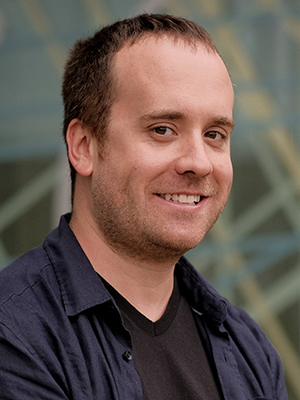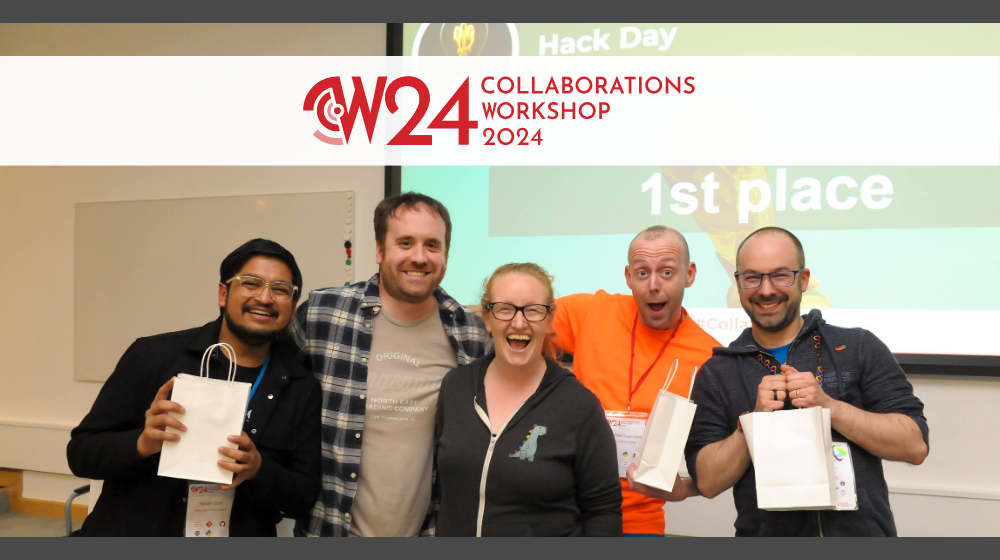This blog by Mike Simpson in Newcastle University Research Software Engineering on Medium.
Can task management tools, often used by our corporate overlords to exploit us, actually help us improve our mental health?
That was the question that a team of us set about trying to answer at this year’s SSI Collaborations Workshop.
Developing software for research can be challenging. Many of us work on multiple projects simultaneously, often to tight deadlines, with world leaders in fields we know nothing about, on projects that mutate and change over time. On top of that, we have to do training, keep up with constantly evolving technologies and take on extra responsibilities to advance our careers. It will come as no surprise to most Research Software Engineers that anxiety, burnout and impostor syndrome are common in this industry.
But what can we practically do as RSEs to protect our mental health at work? We have very little control over our workloads or our salaries. And telling a burned-out engineer to do some yoga or mindfulness exercises is seldom well-received (and for good reason)! As someone who has dealt with a range of mental health issues over the last decade or so, this question is very close to my heart.
My colleague, Dave Horsfall, was granted a Fellowship by the Software Sustainability Institute (SSI) to conduct a survey into mental health in our community. I’ve been helping analyse the results, and I hope to apply for a fellowship myself to continue the conversation and help provide information, tools and support to RSEs and their colleagues.
Collaborations Workshop 2024
Which brings us to May 2024 and Day 2 of the SSI’s 14th Collaborations Workshop. We were split into groups and asked to come up with potential ideas for the Hack Day on Day 3.
We introduced ourselves and discussed our various backgrounds and interests. I mentioned my plans to apply for the fellowship, and a number of people in the group admitted to having experienced mental health issues, including neurodivergence, ADHD and anxiety. A fascinating conversation followed, including several colleagues discussing how they use so-called ‘productivity frameworks’ to help manage their workload.
Many of us were wary of such concepts, as managers often employ them to try and squeeze more work out of their (already over-worked) employees. However, our colleagues explained that using these techniques allowed them not only to be more productive but to feel more productive. They adapted these tools not to do more work for their boss but to help manage their anxiety, so they could go home at the end of the day without the nagging little voices in the back of their head telling them they hadn’t done enough.
Task Management for Humans as Self-Care
We felt that these tools could be used to help people (and RSEs in particular) work more effectively - as tools for self-care and managing their life-work balance. And so, we came up with “Task Management for Humans as Self-Care”. The idea was to create a Carpentries-style course that would introduce various tools, apps and frameworks that people could use to manage their workload. But the emphasis was on using them for your own benefit rather than your boss’s. Additionally, the idea was not that “you should adopt everything from [Framework A] or you’re doing it wrong!” The idea was to encourage people to look at the ideas suggested by each solution and adopt the ones that work for them.
We pitched the idea at the end of Day 2 and then, at the Hack Day, we started putting the course together. We were very fortunate to have qualified instructors and people who had contributed to Carpentries lessons before on our team, which allowed us to hit the ground running. While the experts set up the repository, some of us worked on writing introductory content and suggesting how the course could be structured. Others researched productivity frameworks or wrote about task management tools they had used in the past.
The course is available on the Carpentries Incubator.
It’s still very much a work in progress, but what is there should give a clear indication of what we had in mind, and we hope to continue to develop it over the coming months. We focussed on the introduction and an overview of the course, and made sure that the message about it being a tool for RSEs to use for the sake of their own life/work balance and mental health was front-and-centre.
We worked away quietly once the tasks had been handed out and were so focused on our work that the judges struggled to attract our attention when they Zoomed in to check on our progress! We were then amazed and delighted when we went on to win the top prize for the ideas session and then the top prize for the Hack Day, too.
Final Thoughts
I don’t think there is a ‘magic bullet’; no single solution that can improve the mental health of everyone in the community. But projects like this - that help a subset of the community with specific problems - can make a big difference.
I also think that the fact that this project got so much attention (and won two prizes!) shows that people realise how important mental health is and that people are willing to support projects that aim to improve mental health in our community. After all, making research software more sustainable goes beyond improving our code; we have to help sustain the people writing the code, too!
Thanks to the ‘Task Management for Humans’ Team: Aman Goel, Hugo Gruson, Jez Cope, Matthew Gasgoyne, Nicky Nicolson, Olexandr Konovalov, Selina Aragon, Kirstie Whitaker, Sarah Gibson, David Horsfall.


